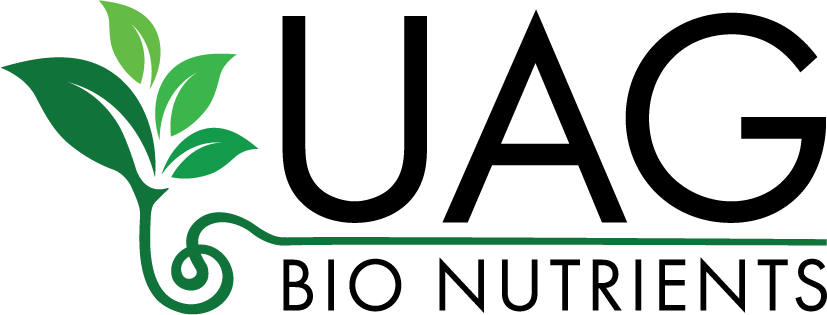Construction begins on first UAG Bio Nutrients facility
Hay, NSW – Construction has started on UAG Bio Nutrients’ first full-scale plant – a world-first facility that uses patented technology to convert organic waste into bio fertiliser and clean energy.
Work on the first stage of the $16 million facility began in early August and is due to be completed by December 2023. Once commissioned the plant will process predominantly animal waste a year and produce 6,000 tonnes of bio-fertiliser, 4,400 MWh of clean energy and significant carbon credits.
In time, the facility will be expanded to take in 30,000 tonnes of waste. UAG has a pipeline of two further facilities which are together expected to produce 130,000 tonnes of biofertiliser annually when completed around 2025.
The facility uses new technology developed in Australia which combines anaerobic digestion with vermiculture to convert organic waste from agriculture, industry and municipal authorities into biofertiliser, biomethane for clean energy, food-grade CO2 and carbon credits.
John Barraclough, one of the founders and the Executive Chairman of UAG Bio Nutrients, said the process was the missing link in the circular economy – minimising waste, maximising resource recovery, and promoting a more sustainable and regenerative model for agriculture and industry.
“We are using new technologies developed in Australia to solve some of the most pressing environmental issues for farmers, industry and communities and to create positive ESG impacts,” he said.
“Instead of agricultural or industrial waste being disposed of in landfill, we recirculate it back into the soil, efficiently providing nutrients for food production. Our process creates clean energy which can reduce reliance on traditional energy sources.
“In addition, carbon emission reduction and associated carbon credits are created by avoiding greenhouse gas emissions and sequestering carbon in the soil.”
Mr Barraclough said the process had the potential to revolutionise how the world manages organic waste, sustainably enhances and preserves the soil, boosts agricultural production and promotes a circular carbon economy.
“We are establishing the first test site in partnership with Ravensworth and plan to work with them and others to expand production here and further afield in the future. Our vision is to feed the world from waste to plate – healthily, profitably and sustainably,” he said.

